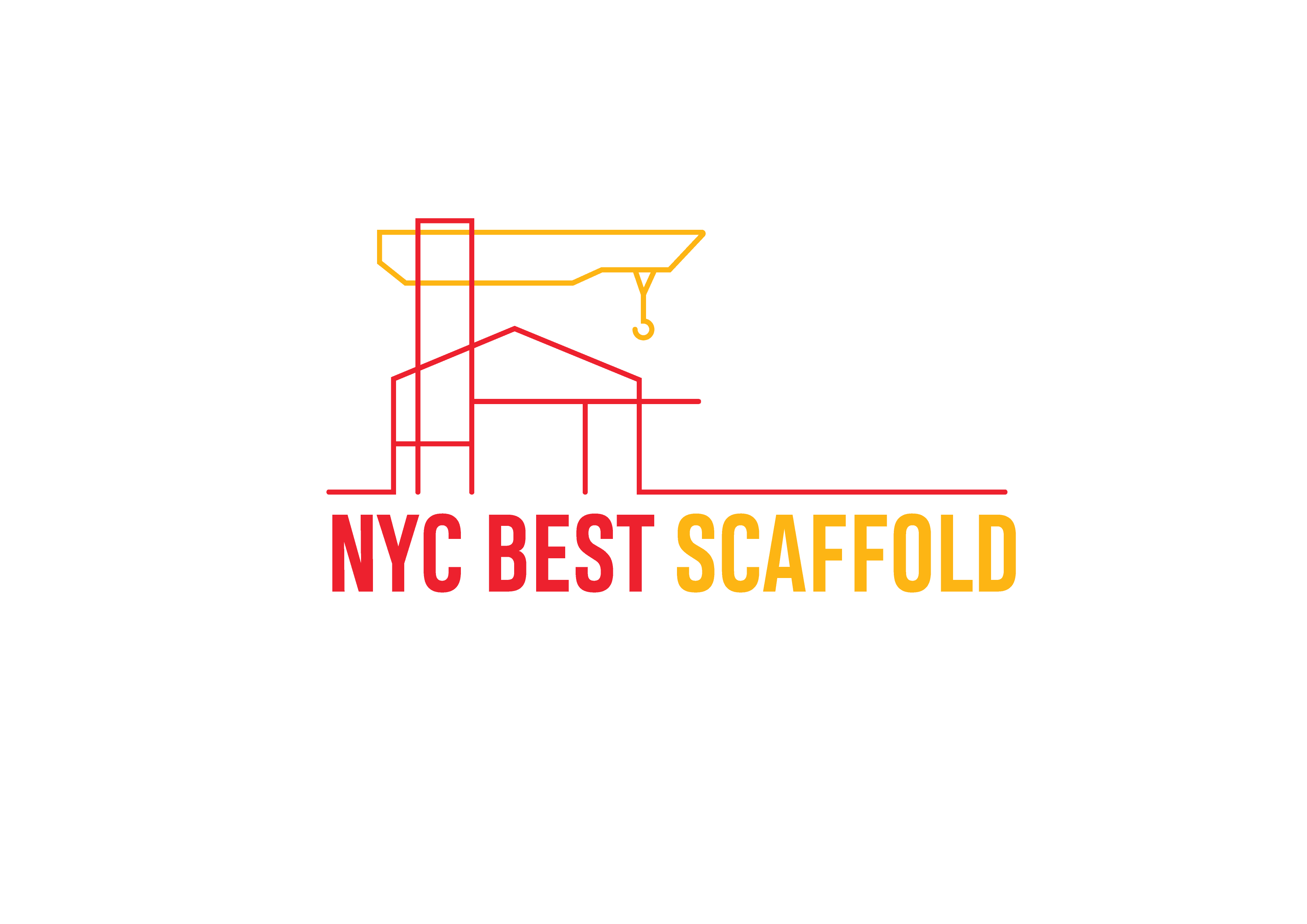Why Scaffolding Laws Matter for Property Owners
In New York City, scaffolding isn’t just a construction accessory — it’s often a legal requirement for building owners. Whether your property is undergoing repairs, façade maintenance, or safety inspections, scaffolding laws are strictly enforced. Failure to follow these regulations can result in significant fines, project delays, and potential legal liability.
This guide outlines the key scaffolding regulations, permits, and safety requirements every NYC building owner needs to understand.
Understanding NYC’s Façade Inspection & Safety Program (FISP)
For buildings taller than six stories, the Façade Inspection & Safety Program (Local Law 11) requires regular exterior inspections to ensure safety.
- Inspections must be performed every five years by a qualified professional.
- If unsafe conditions are discovered, scaffolding — commonly referred to as a sidewalk shed — must be installed immediately to protect pedestrians.
- Scaffolding must remain in place until all repairs are completed and officially certified as safe.
Ignoring FISP requirements can lead to penalties exceeding $1,000 per month.
When Must Building Owners Install Scaffolding?
According to the NYC Department of Buildings (DOB):
- Any work involving construction, repairs, or inspections above 40 feet requires scaffolding or an equivalent protective system.
- Sidewalk sheds are mandatory when there’s any risk of falling debris.
- Emergency scaffolding may be required following incidents such as loose masonry, structural deterioration, or storm damage.
As the property owner, you are legally responsible for compliance — even if the work is handled by a contractor.
Permits: The Legal Foundation of Scaffolding Work in NYC
Scaffolding installation requires a valid DOB work permit. The process includes:
- Submitting detailed project plans for review.
- Providing proof of insurance and compliance with safety standards.
- Undergoing inspection and approval by DOB officials.
The permit must be displayed on-site. Installing scaffolding without proper permits can lead to immediate stop-work orders and fines.
Safety Standards Every Owner Must Uphold
NYC scaffolding regulations align with OSHA safety guidelines to protect workers and the public. Building owners should ensure:
- Platforms have guardrails, safety netting, and toe boards.
- Adequate lighting is provided for nighttime pedestrian safety.
- Routine inspections verify the structure’s stability and security.
Violations can result in daily fines per infraction.
Budgeting for Scaffolding
Scaffolding is a significant expense that should be factored into any building maintenance or renovation budget. Typical costs may include:
- Rental fees for the scaffolding structure.
- Labor for installation and dismantling.
- Permit fees from the city.
- Ongoing inspections if the structure remains in place for an extended period.
Planning ahead can help avoid unexpected financial strain.
Choosing a Qualified NYC Scaffolding Company
When selecting a scaffolding provider, building owners should look for:
- Proper NYC licensing and insurance.
- A proven history of DOB-compliant projects.
- The ability to provide emergency installation when needed.
- Transparent contracts covering costs, timelines, and safety responsibilities.
A reputable scaffolding company helps ensure your project remains safe, legal, and on schedule.
Common Mistakes That Lead to Violations
Building owners often face penalties for:
- Hiring unlicensed scaffolding contractors.
- Letting permits expire without renewal.
- Leaving scaffolding in place long after work is completed.
- Neglecting required safety inspections.
Avoiding these mistakes is key to maintaining compliance and avoiding costly setbacks.
Conclusion: Compliance Protects Everyone
NYC’s scaffolding regulations exist to protect workers, pedestrians, and property owners. By understanding your responsibilities from permits to safety requirements you can keep your projects moving smoothly while avoiding legal and financial trouble.
Partnering with a licensed, experienced scaffolding company ensures you meet all legal obligations while maintaining the highest safety standards.
